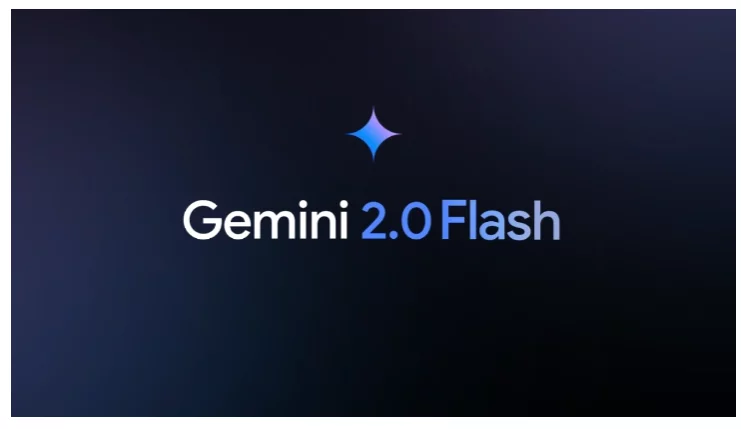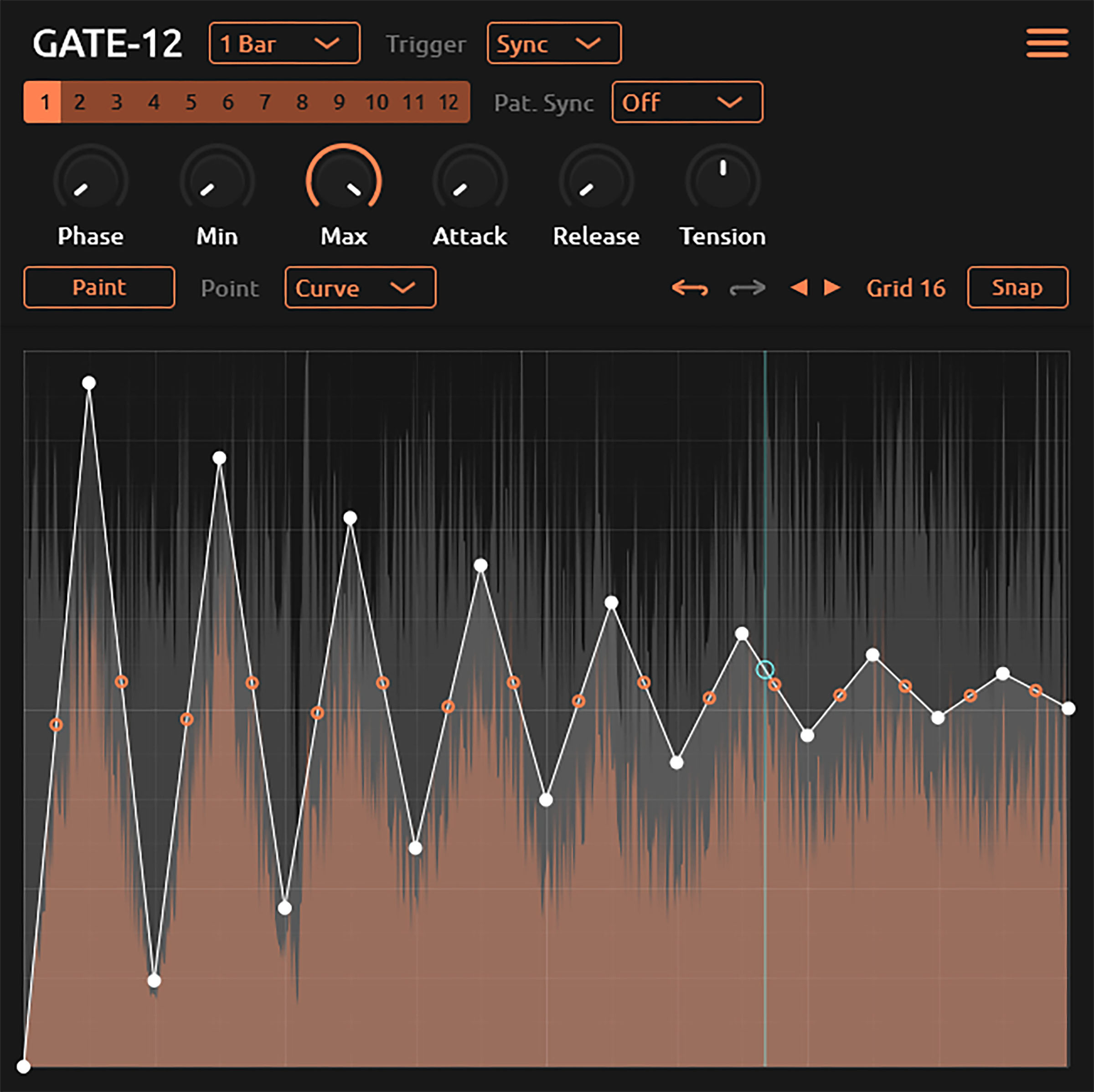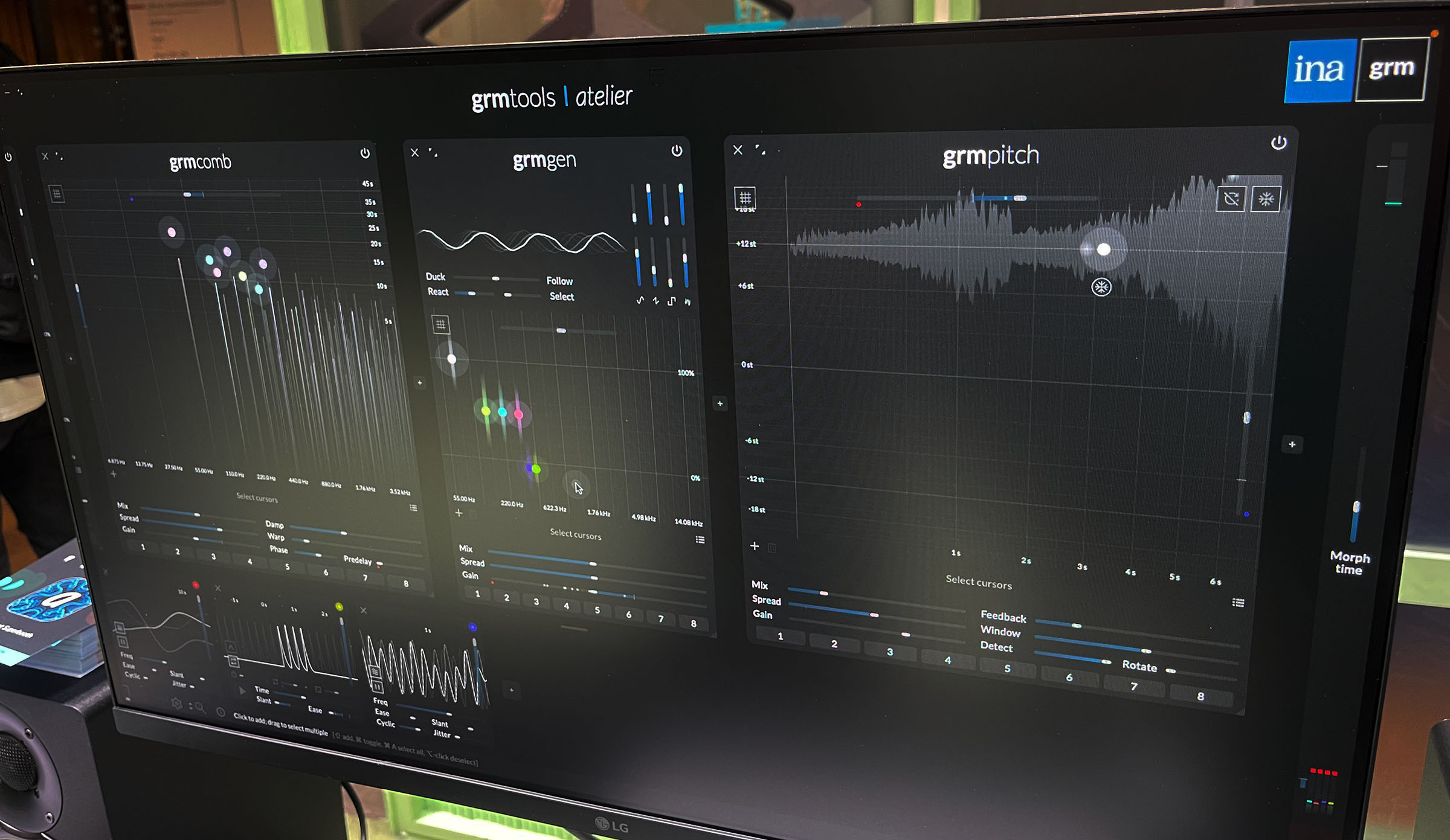10 Must-Read Space Movie Screenplays You Should Download
When I'm trying to brainstorm a new spec, I like to read a bunch of scripts in the same genre I'm writing to see what the greats have to offer. Lately, I have been delving into outer space. Space is one of those places so hard to describe on the page. So, it has been really useful to play with things I've seen others do and put my own spin on them. Today, I want to give you ten scripts I think would be great to learn from if you're trying to write scenes that take place in outer space. Let's dive in. 10 Must-Read Space Movie Screenplays1. 2001: A Space Odyssey (1968) - Screenplay by Stanley Kubrick & Arthur C. Clarke A monumental work, its screenplay is celebrated for its audacious scope, minimal dialogue, and powerful visual storytelling. It tackles grand philosophical themes of human evolution, artificial intelligence, and the mysteries of the universe, leaving audiences to ponder its enigmatic narrative long after the credits roll. Its genius lies in its ambiguity and its trust in the audience's intelligence.2. Alien (1979) - Screenplay by Dan O'Bannon, Story by Dan O'Bannon and Ronald Shusett A masterclass in suspense and horror, Alien's script is lauded for its terrifyingly simple premise, relentless tension, and iconic characters, particularly Sigourney Weaver's Ripley, a groundbreaking female protagonist. The screenplay excels in its pacing, world-building (the "used future" aesthetic), and the slow, horrifying reveal of its unforgettable xenomorph.3. Star Wars: Episode IV - A New Hope (1977) - Screenplay by George Lucas The script for A New Hope is undeniably iconic for its brilliant fusion of science fiction and classic mythological archetypes. It introduced a richly imagined galaxy, memorable characters, and a timeless story of good versus evil that captivated a generation and fundamentally reshaped blockbuster filmmaking. Its structural elegance and clear hero's journey are key to its enduring appeal.4. Blade Runner (1982) - Screenplay by Hampton Fancher and David Peoples, Based on "Do Androids Dream of Electric Sheep?" by Philip K. Dick This neo-noir science fiction masterpiece features a script praised for its profound existential themes, morally ambiguous characters, and richly atmospheric world-building. The dialogue is often poetic and philosophical, exploring what it means to be human in a world where artificial beings possess complex emotions and memories.5. Aliens (1986) - Screenplay by James Cameron, Story by James Cameron, David Giler & Walter Hill A sequel that arguably rivals its predecessor, Aliens shifts genres from horror to action while retaining thematic depth. Cameron's script is celebrated for its relentless pacing, compelling character development (especially Ripley's transformation into a maternal warrior), and smart, efficient dialogue. It masterfully expands the lore of the Alien universe while delivering visceral thrills.6. Arrival (2016) - Screenplay by Eric Heisserer, Based on "Story of Your Life" by Ted Chiang This intellectually stimulating and emotionally resonant film boasts a screenplay renowned for its intricate, non-linear narrative structure that mirrors its central themes of language and time. Heisserer masterfully adapts a complex short story, creating a deeply human drama about communication, grief, and the choices that define us, all set against the backdrop of a first contact scenario.7. Moon (2009) - Screenplay by Nathan Parker, Story by Duncan Jones A compelling and contained science fiction drama, Moon's script is a triumph of character-driven storytelling and high-concept mystery. It explores themes of identity, corporate exploitation, and loneliness through the stellar performance of Sam Rockwell, playing multiple versions of the same astronaut. Its strength lies in its emotional core and thought-provoking twists.8. Interstellar (2014) - Screenplay by Jonathan Nolan and Christopher Nolan Known for its ambitious scientific concepts and grand scale, Interstellar's screenplay is also deeply rooted in human emotion, particularly the bond between a father and his daughter. It grapples with themes of love, sacrifice, and humanity's drive for survival, weaving complex theories of relativity and black holes into a compelling and often awe-inspiring narrative.9. The Martian (2015) - Screenplay by Drew Goddard, Based on the novel by Andy Weir Praised for its sharp wit, scientific ingenuity, and optimistic spirit, The Martian's screenplay is a masterclass in problem-solving narrative. Goddard skillfully adapts Weir's novel, capturing the humor and intelligence of protagonist Mark Watney as he fights for survival on Mars. The script balances high stakes with genuinely funny and engaging character moments.10. Gravity (2013) - Screenplay by Alfonso Cuarón & Jonás Cuarón A visceral and immersive survival thriller, Gravity's screenplay is lauded for its tight focus, relentless tension, and profound exploration of grief and rebirth. While visually spectacular, the scri


When I'm trying to brainstorm a new spec, I like to read a bunch of scripts in the same genre I'm writing to see what the greats have to offer.
Lately, I have been delving into outer space. Space is one of those places so hard to describe on the page. So, it has been really useful to play with things I've seen others do and put my own spin on them.
Today, I want to give you ten scripts I think would be great to learn from if you're trying to write scenes that take place in outer space.
Let's dive in.
10 Must-Read Space Movie Screenplays

1. 2001: A Space Odyssey (1968) - Screenplay by Stanley Kubrick & Arthur C. Clarke
A monumental work, its screenplay is celebrated for its audacious scope, minimal dialogue, and powerful visual storytelling. It tackles grand philosophical themes of human evolution, artificial intelligence, and the mysteries of the universe, leaving audiences to ponder its enigmatic narrative long after the credits roll. Its genius lies in its ambiguity and its trust in the audience's intelligence.
2. Alien (1979) - Screenplay by Dan O'Bannon, Story by Dan O'Bannon and Ronald Shusett
A masterclass in suspense and horror, Alien's script is lauded for its terrifyingly simple premise, relentless tension, and iconic characters, particularly Sigourney Weaver's Ripley, a groundbreaking female protagonist. The screenplay excels in its pacing, world-building (the "used future" aesthetic), and the slow, horrifying reveal of its unforgettable xenomorph.
3. Star Wars: Episode IV - A New Hope (1977) - Screenplay by George Lucas
The script for A New Hope is undeniably iconic for its brilliant fusion of science fiction and classic mythological archetypes. It introduced a richly imagined galaxy, memorable characters, and a timeless story of good versus evil that captivated a generation and fundamentally reshaped blockbuster filmmaking. Its structural elegance and clear hero's journey are key to its enduring appeal.
4. Blade Runner (1982) - Screenplay by Hampton Fancher and David Peoples, Based on "Do Androids Dream of Electric Sheep?" by Philip K. Dick
This neo-noir science fiction masterpiece features a script praised for its profound existential themes, morally ambiguous characters, and richly atmospheric world-building. The dialogue is often poetic and philosophical, exploring what it means to be human in a world where artificial beings possess complex emotions and memories.
5. Aliens (1986) - Screenplay by James Cameron, Story by James Cameron, David Giler & Walter Hill
A sequel that arguably rivals its predecessor, Aliens shifts genres from horror to action while retaining thematic depth. Cameron's script is celebrated for its relentless pacing, compelling character development (especially Ripley's transformation into a maternal warrior), and smart, efficient dialogue. It masterfully expands the lore of the Alien universe while delivering visceral thrills.
6. Arrival (2016) - Screenplay by Eric Heisserer, Based on "Story of Your Life" by Ted Chiang
This intellectually stimulating and emotionally resonant film boasts a screenplay renowned for its intricate, non-linear narrative structure that mirrors its central themes of language and time. Heisserer masterfully adapts a complex short story, creating a deeply human drama about communication, grief, and the choices that define us, all set against the backdrop of a first contact scenario.
7. Moon (2009) - Screenplay by Nathan Parker, Story by Duncan Jones
A compelling and contained science fiction drama, Moon's script is a triumph of character-driven storytelling and high-concept mystery. It explores themes of identity, corporate exploitation, and loneliness through the stellar performance of Sam Rockwell, playing multiple versions of the same astronaut. Its strength lies in its emotional core and thought-provoking twists.
8. Interstellar (2014) - Screenplay by Jonathan Nolan and Christopher Nolan
Known for its ambitious scientific concepts and grand scale, Interstellar's screenplay is also deeply rooted in human emotion, particularly the bond between a father and his daughter. It grapples with themes of love, sacrifice, and humanity's drive for survival, weaving complex theories of relativity and black holes into a compelling and often awe-inspiring narrative.
9. The Martian (2015) - Screenplay by Drew Goddard, Based on the novel by Andy Weir
Praised for its sharp wit, scientific ingenuity, and optimistic spirit, The Martian's screenplay is a masterclass in problem-solving narrative. Goddard skillfully adapts Weir's novel, capturing the humor and intelligence of protagonist Mark Watney as he fights for survival on Mars. The script balances high stakes with genuinely funny and engaging character moments.
10. Gravity (2013) - Screenplay by Alfonso Cuarón & Jonás Cuarón
A visceral and immersive survival thriller, Gravity's screenplay is lauded for its tight focus, relentless tension, and profound exploration of grief and rebirth. While visually spectacular, the script provides a strong emotional anchor through Sandra Bullock's character, Dr. Ryan Stone, as she confronts overwhelming adversity in the unforgiving vacuum of space. Its lean, efficient storytelling maximizes the impact of its central themes.
Let me know what you think in the comments.







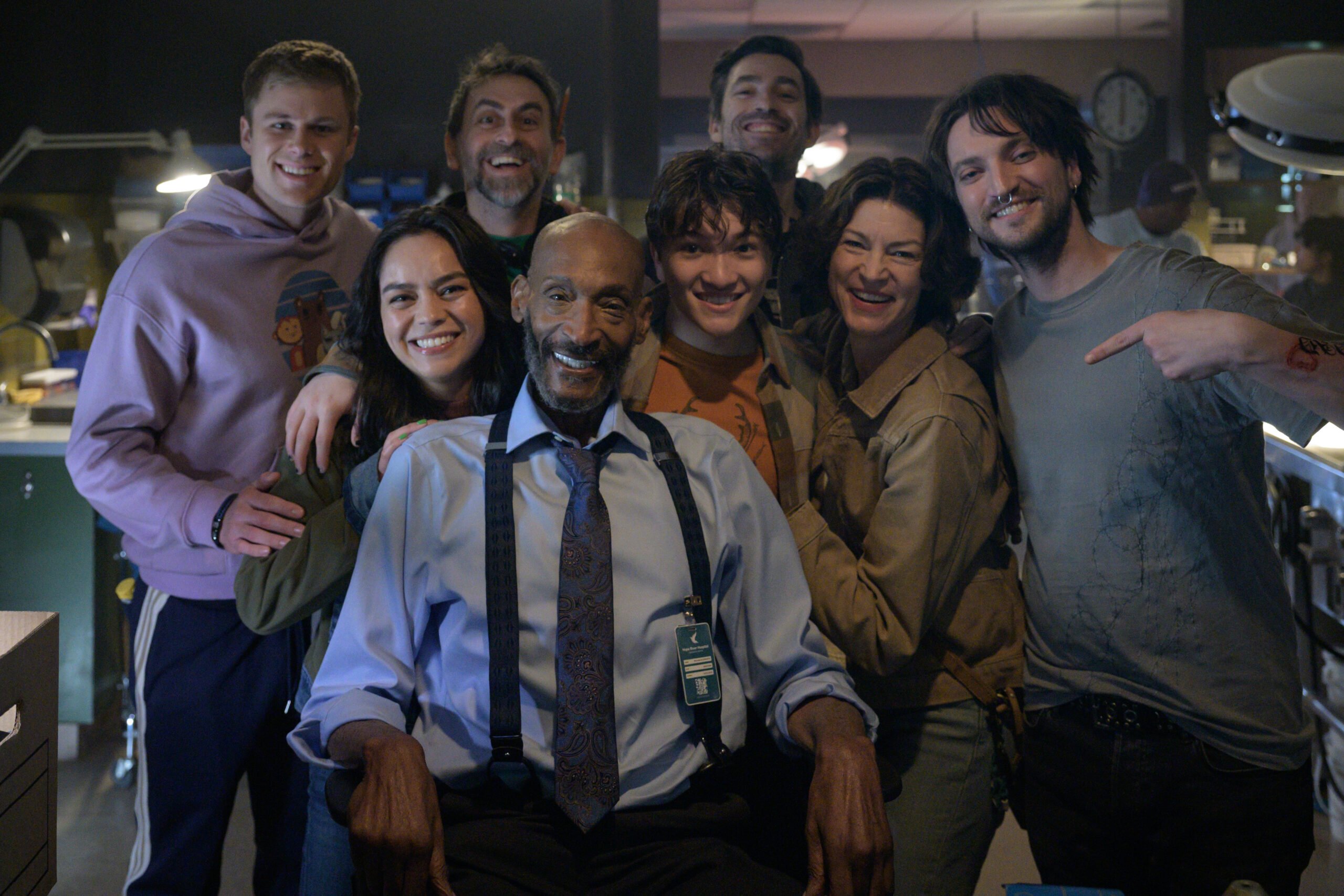












































![Charming Curse [THE CURSE OF THE JADE SCORPION]](https://jonathanrosenbaum.net/wp-content/uploads/2011/04/the_curse_of_the_jade_scorpion-poster.jpg)
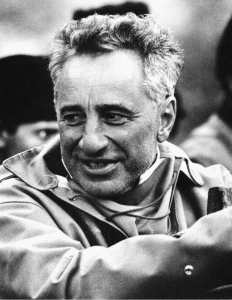
![Pieces of Masterpieces [MEDEA & SUNDAY]](https://jonathanrosenbaum.net/wp-content/uploads/2011/04/medea.jpg)
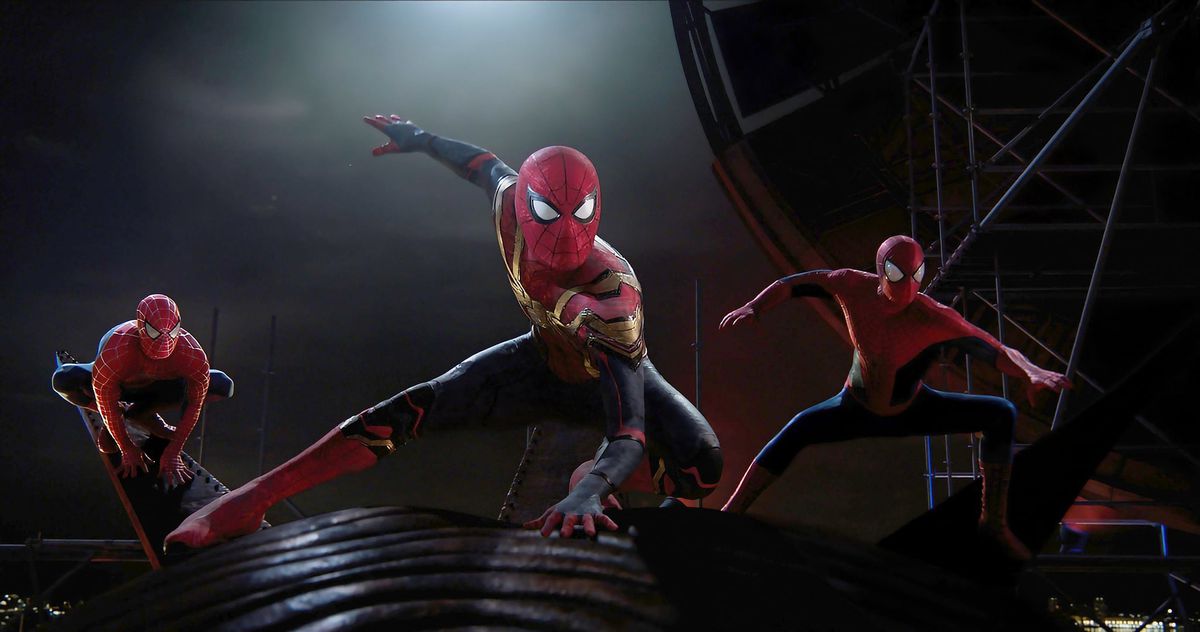
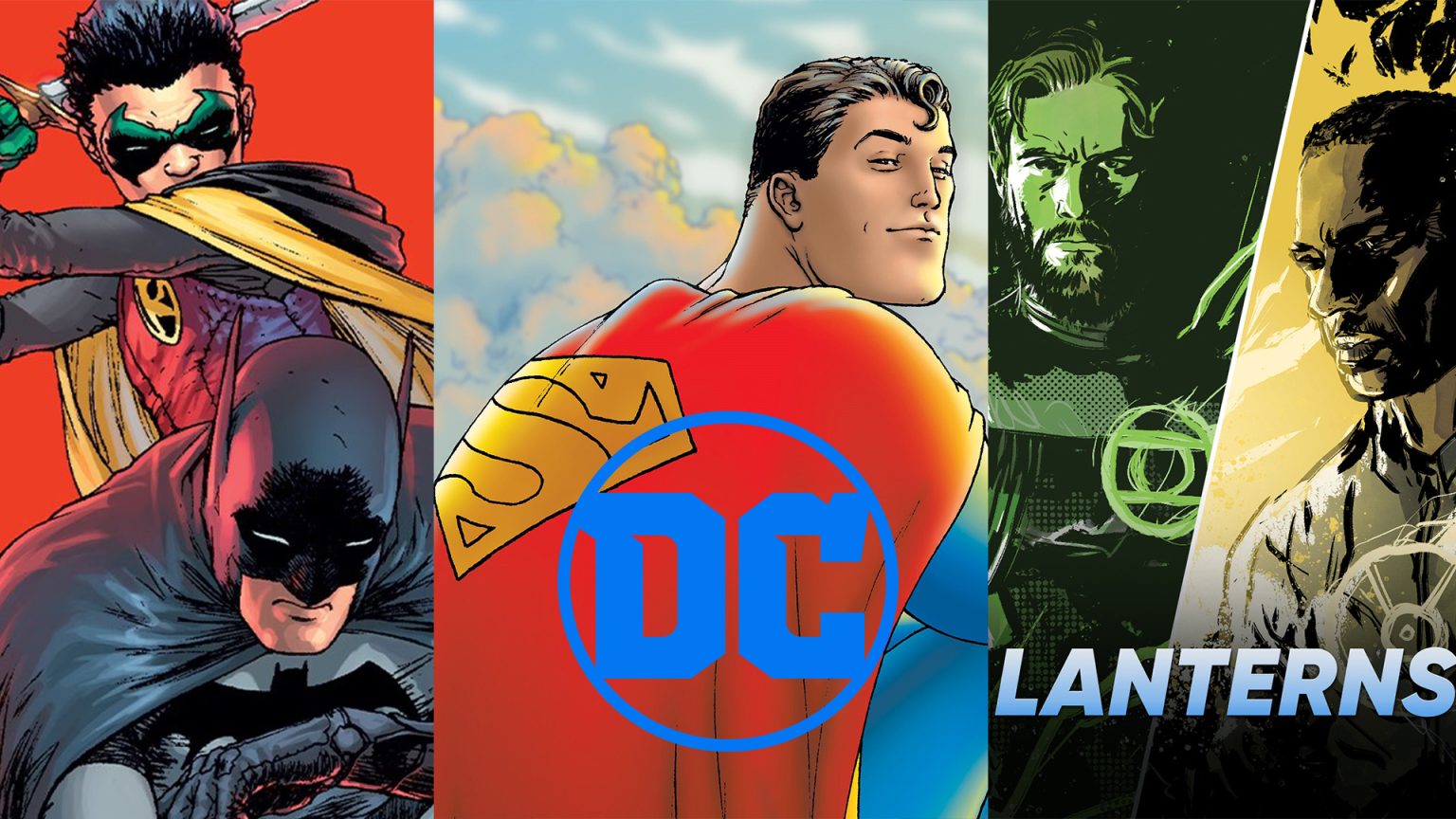
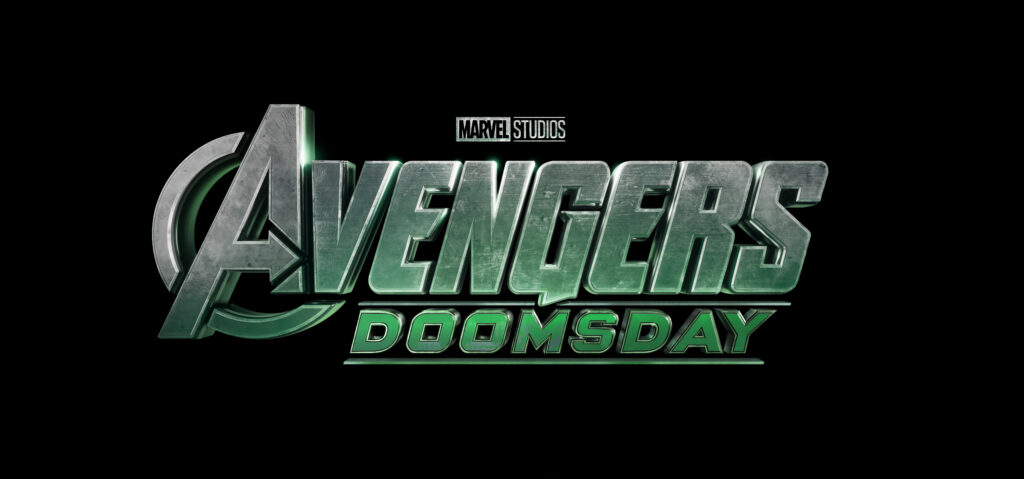


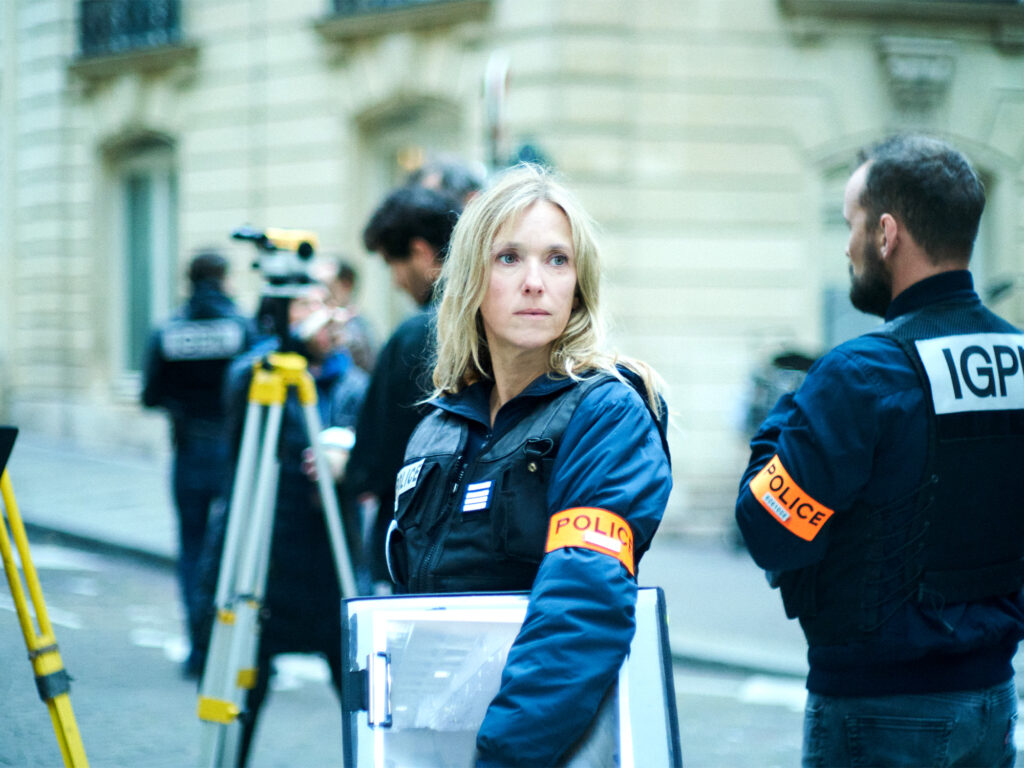










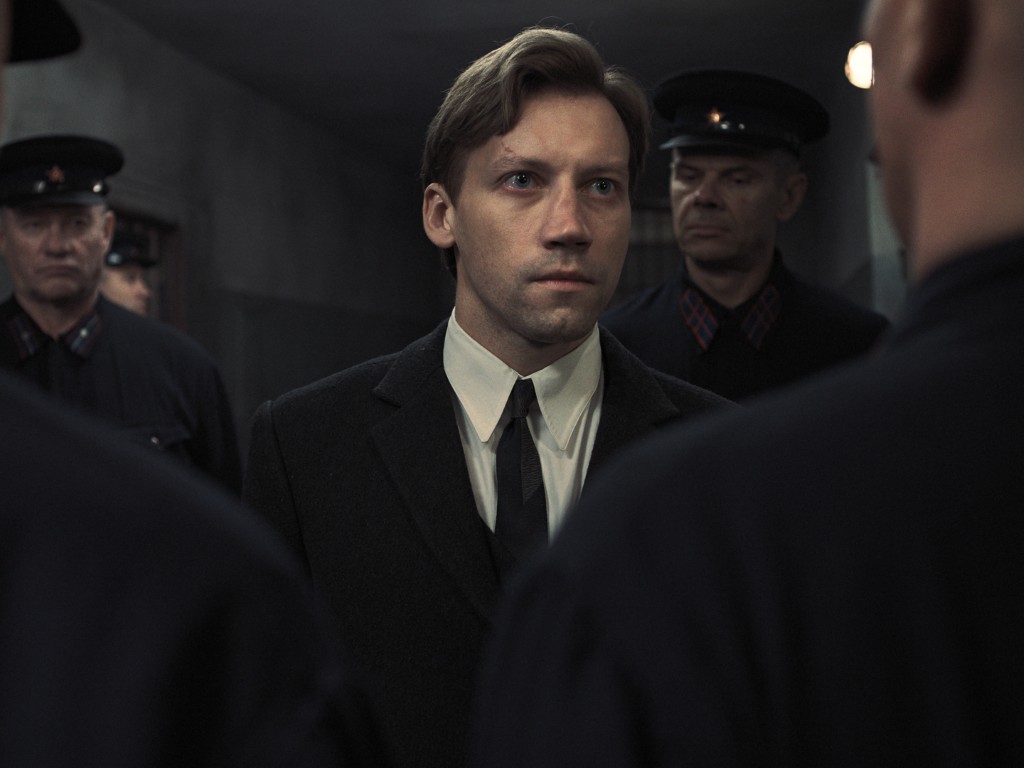
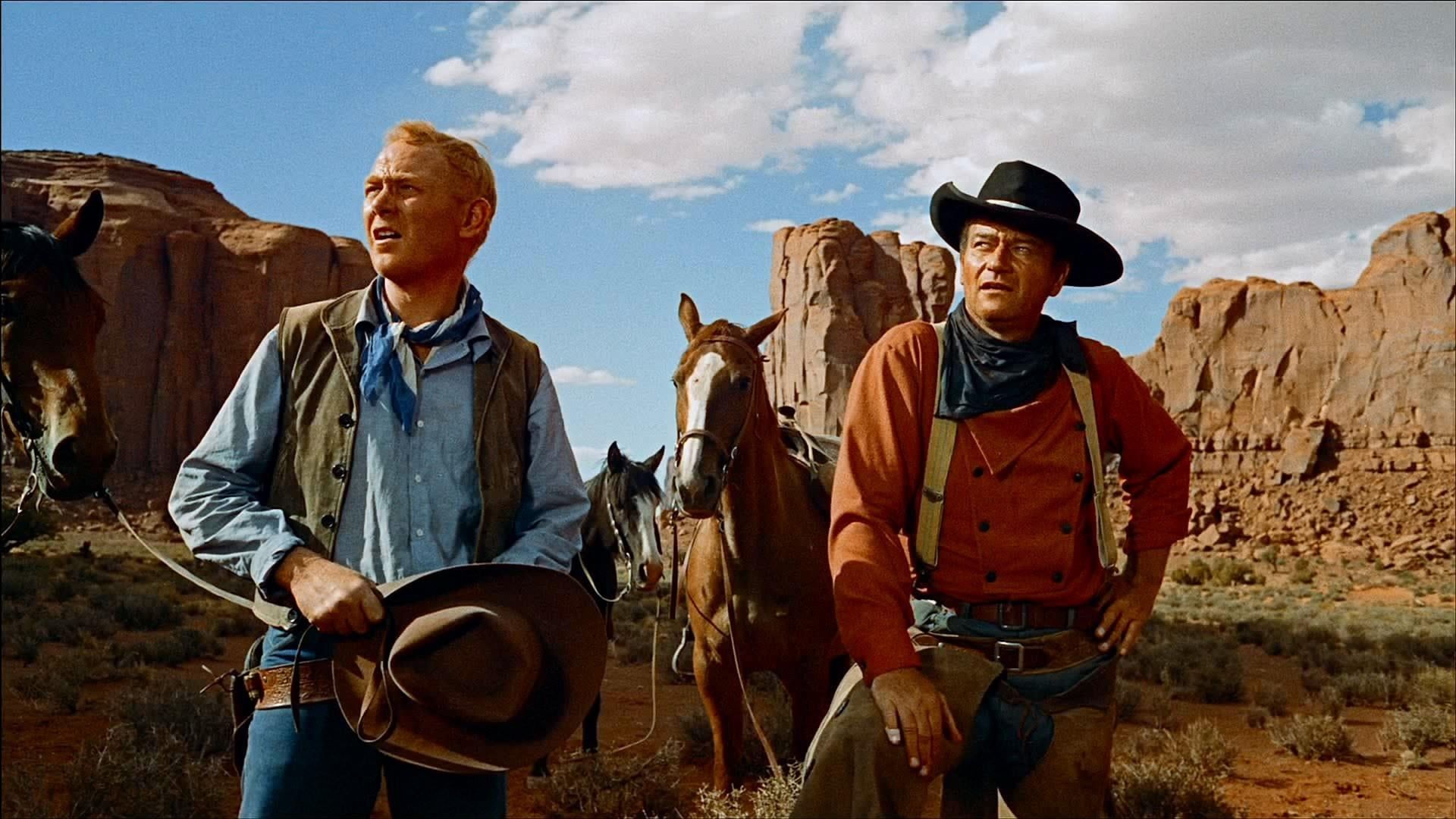









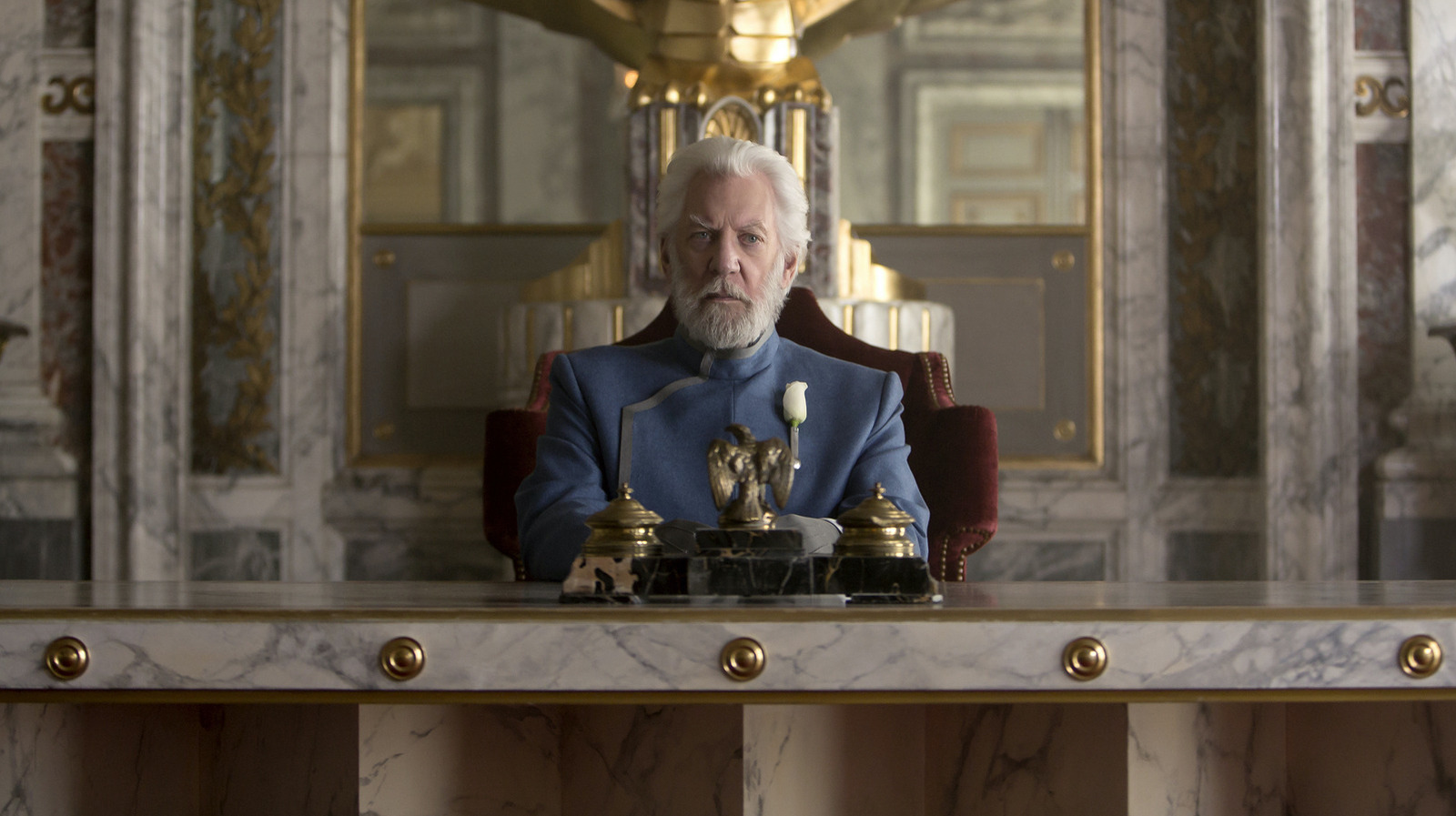
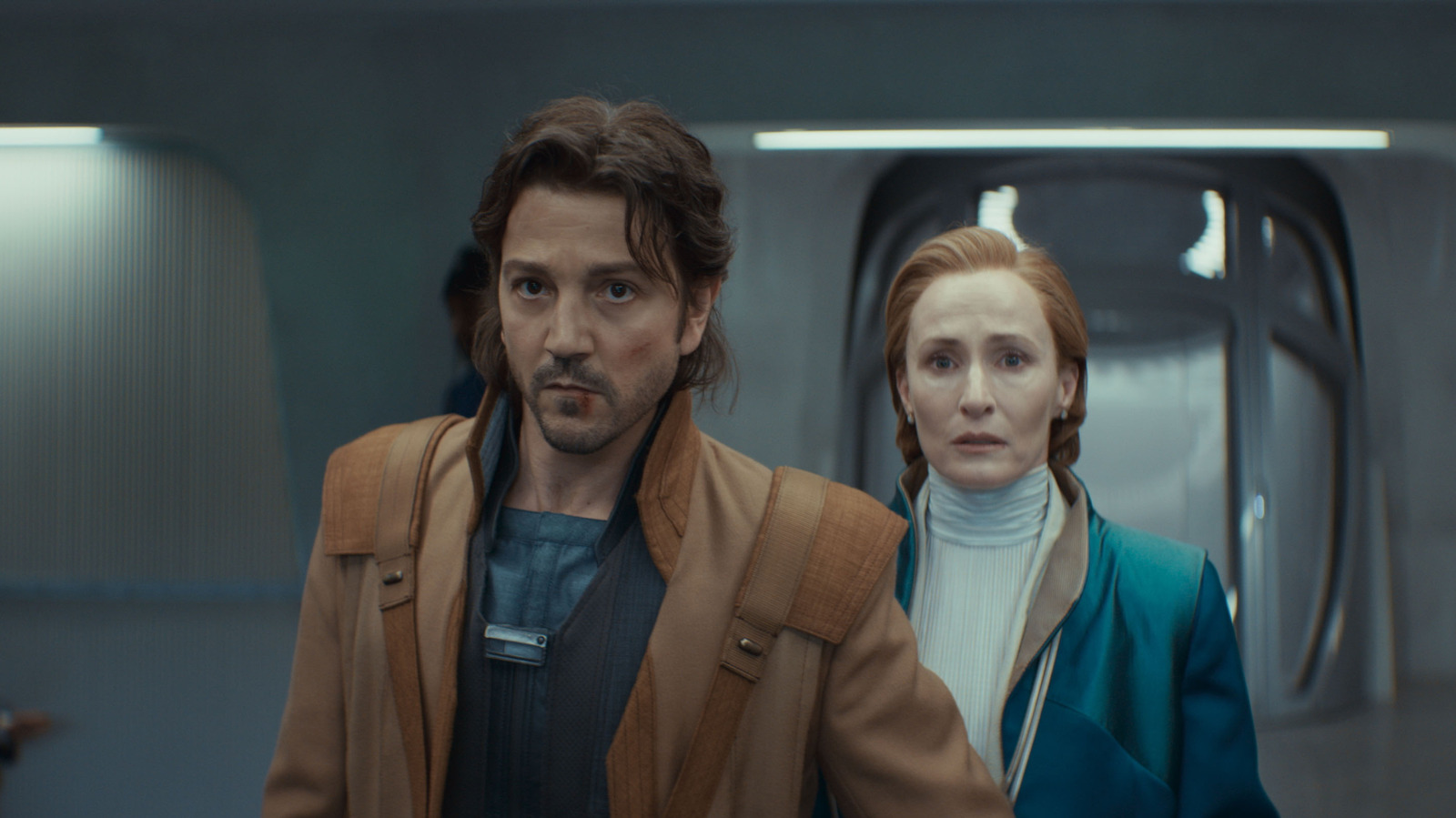
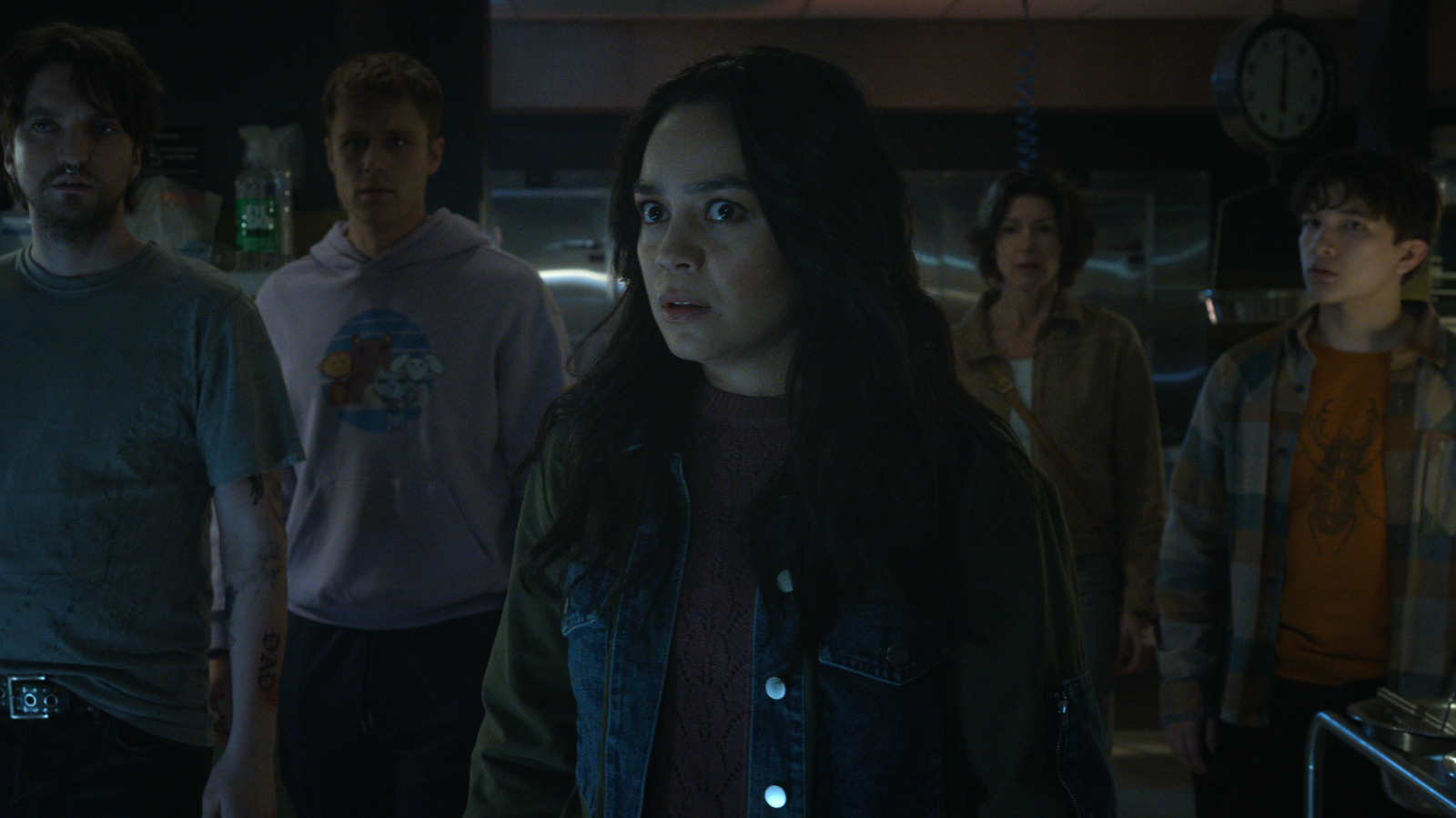




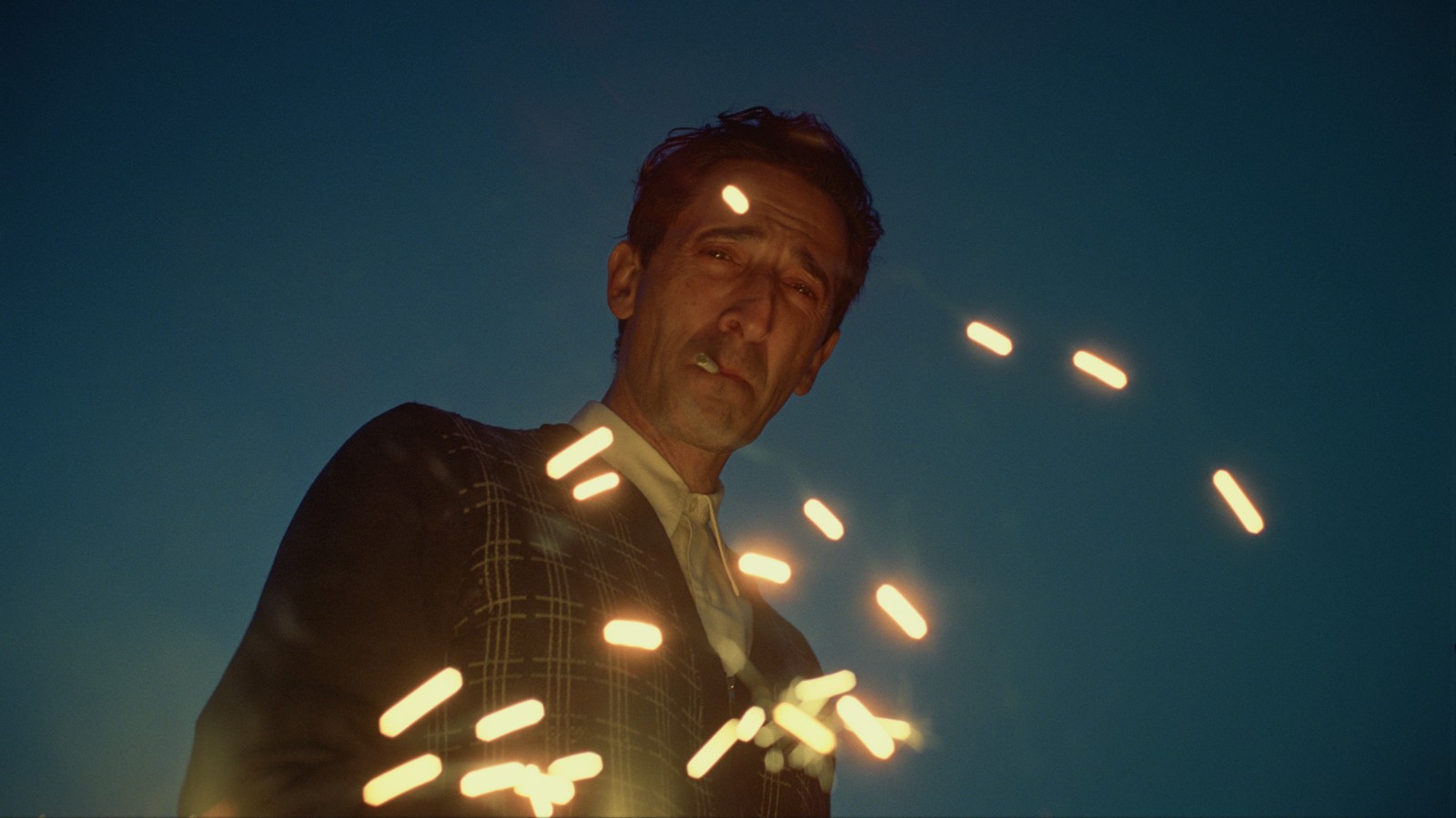

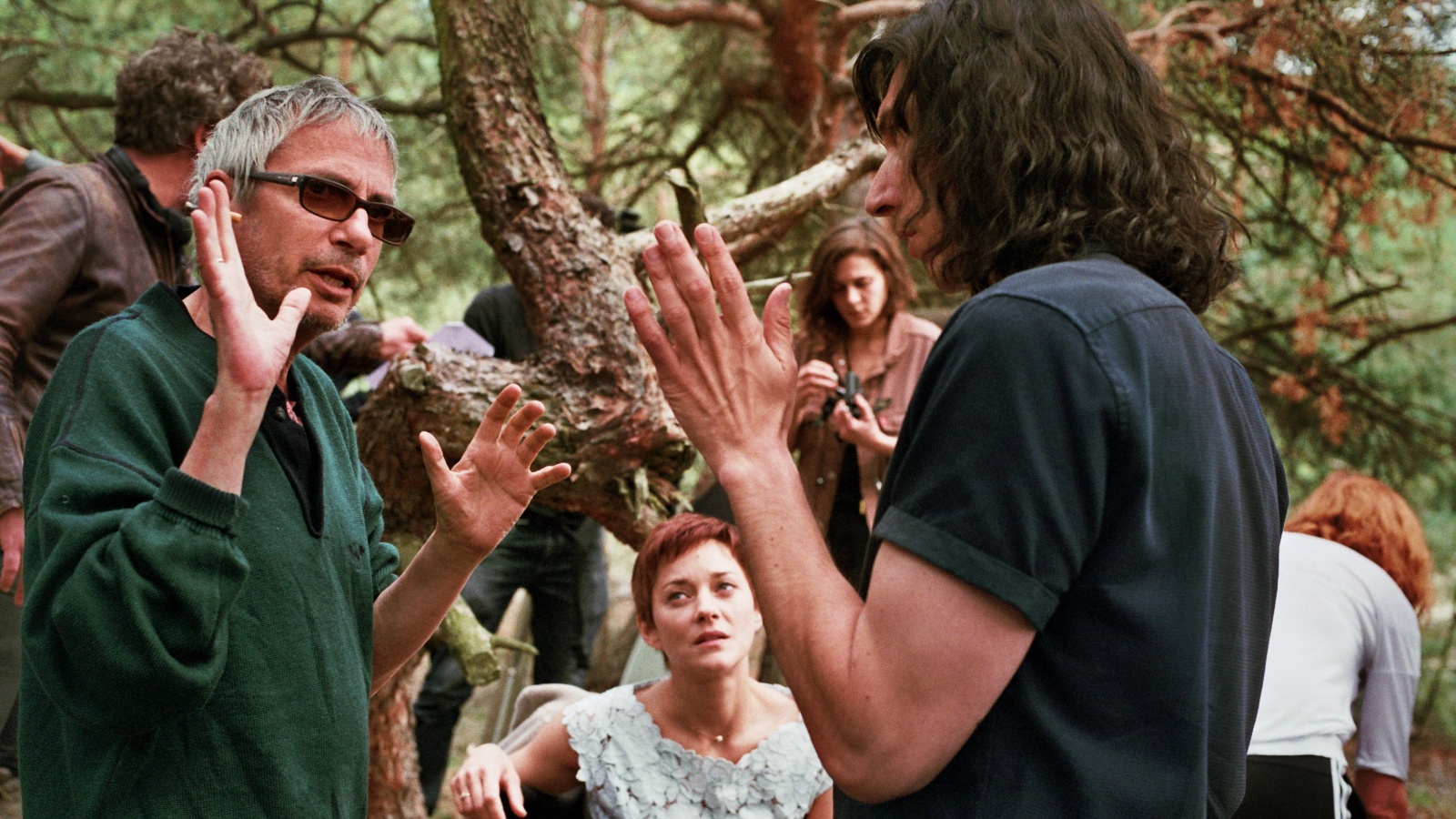
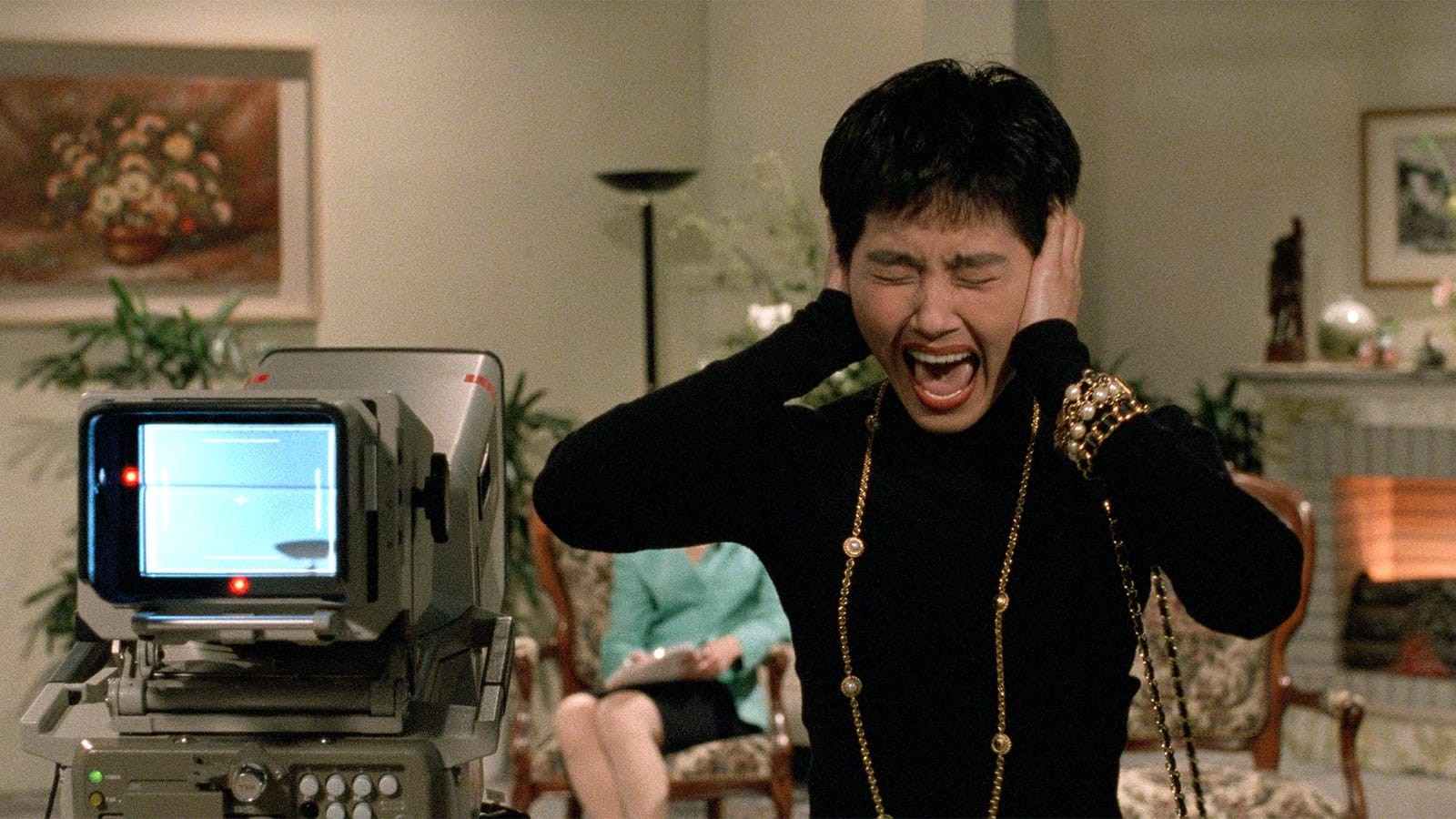

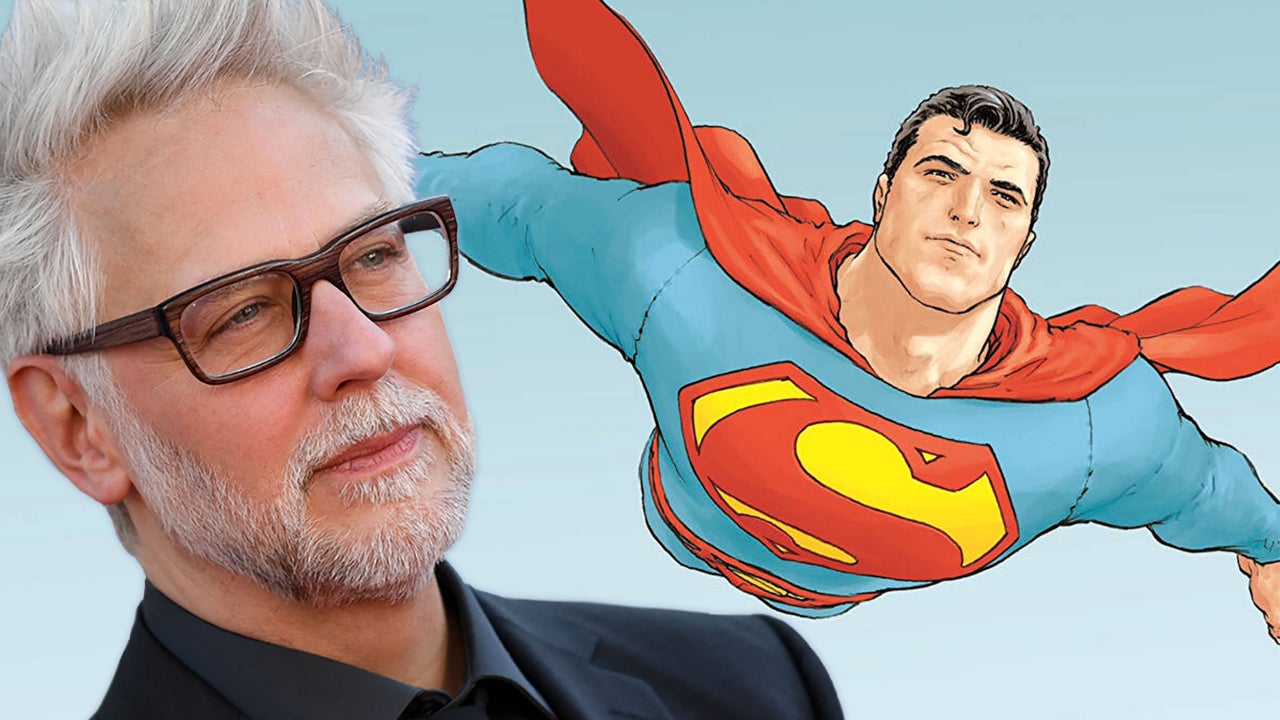


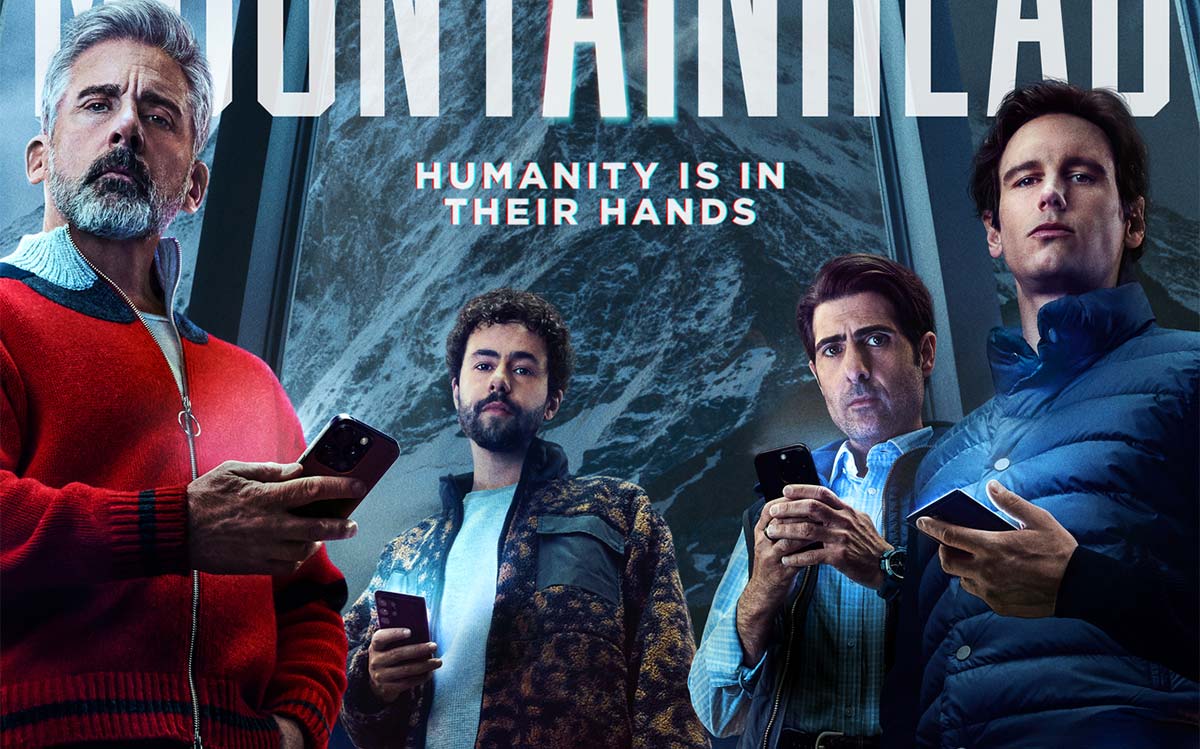
![‘Arco’ Review: Ugo Bienvenu Animates An Inspired Vision Of The Future [Cannes]](https://cdn.theplaylist.net/wp-content/uploads/2025/04/28172502/ArcoCannes2025.jpg)
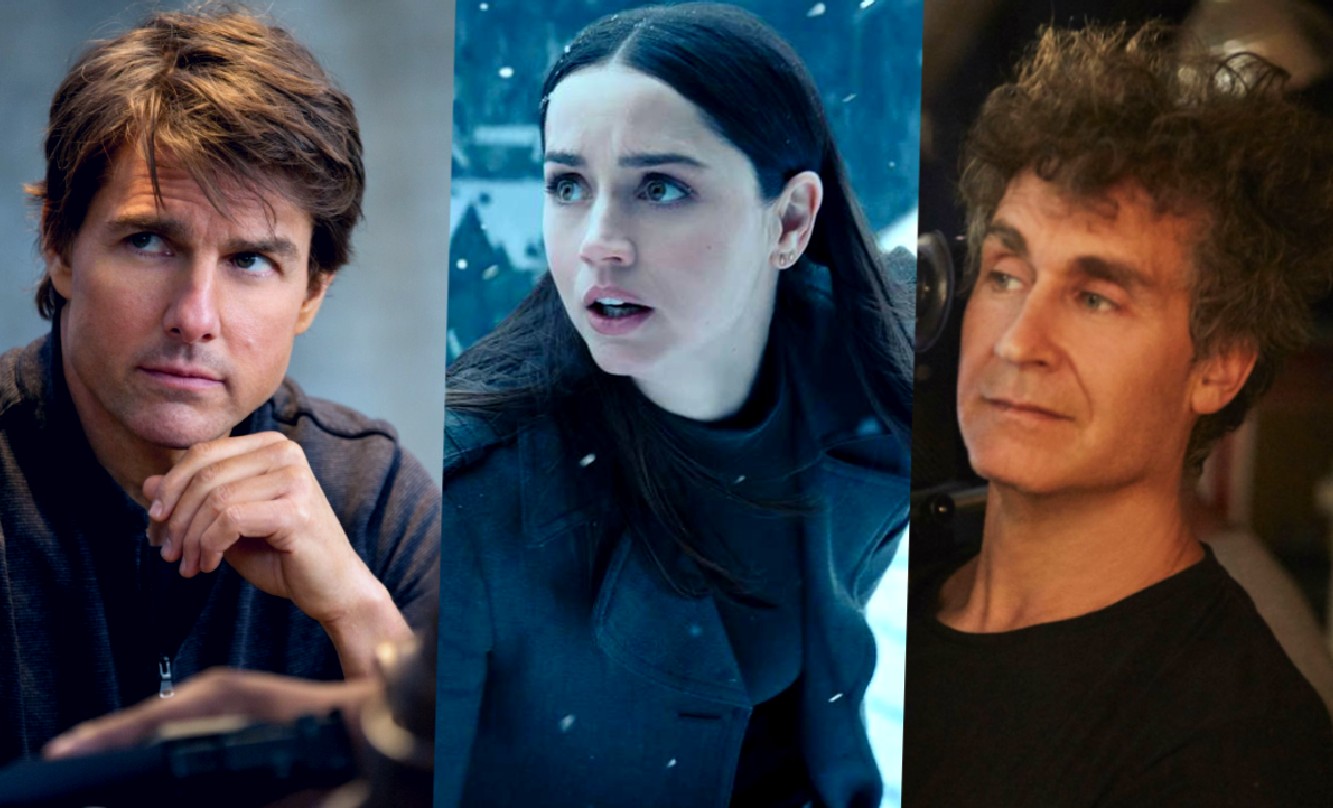
![‘Two Prosecutors’ Review: Sergey Loznitsa’s Totalitarian History Lesson Simmers In Hard Truths [Cannes]](https://cdn.theplaylist.net/wp-content/uploads/2025/05/13014521/TwoProsecutors.jpg)
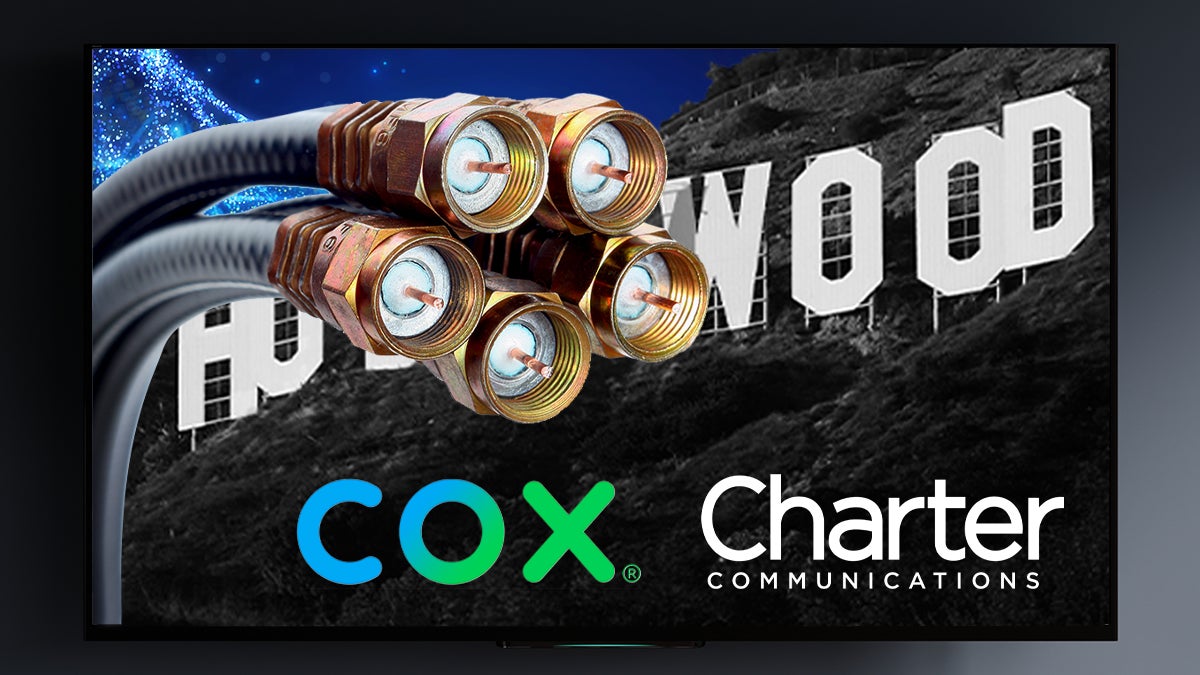

































































































































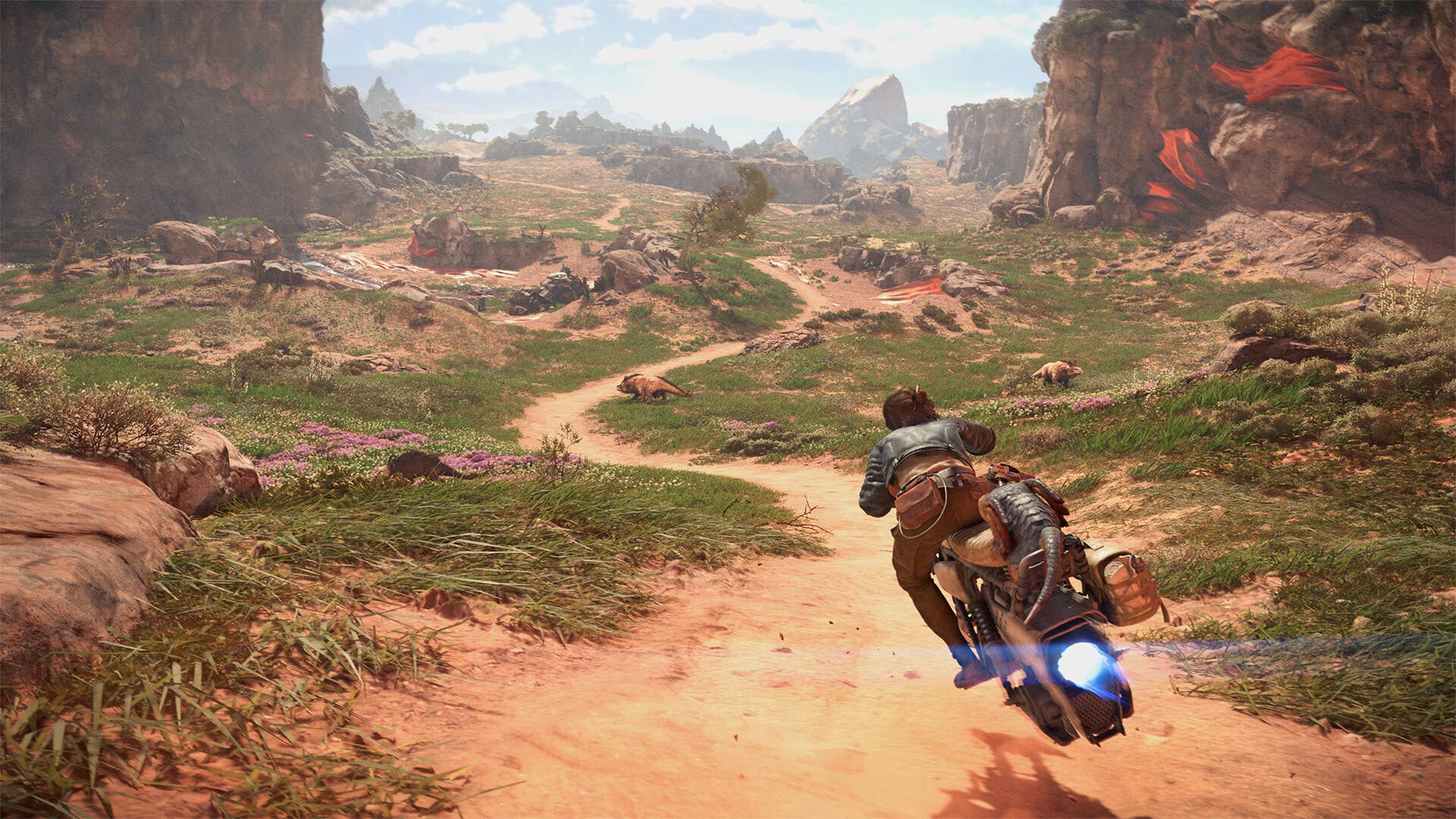

















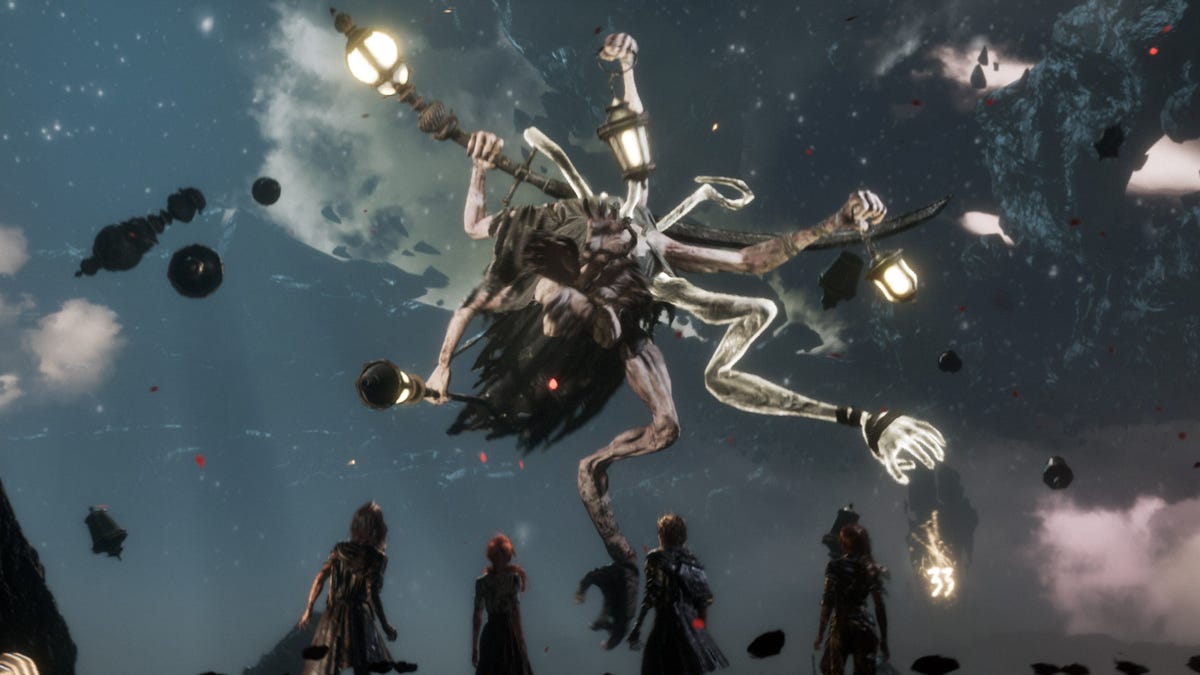





























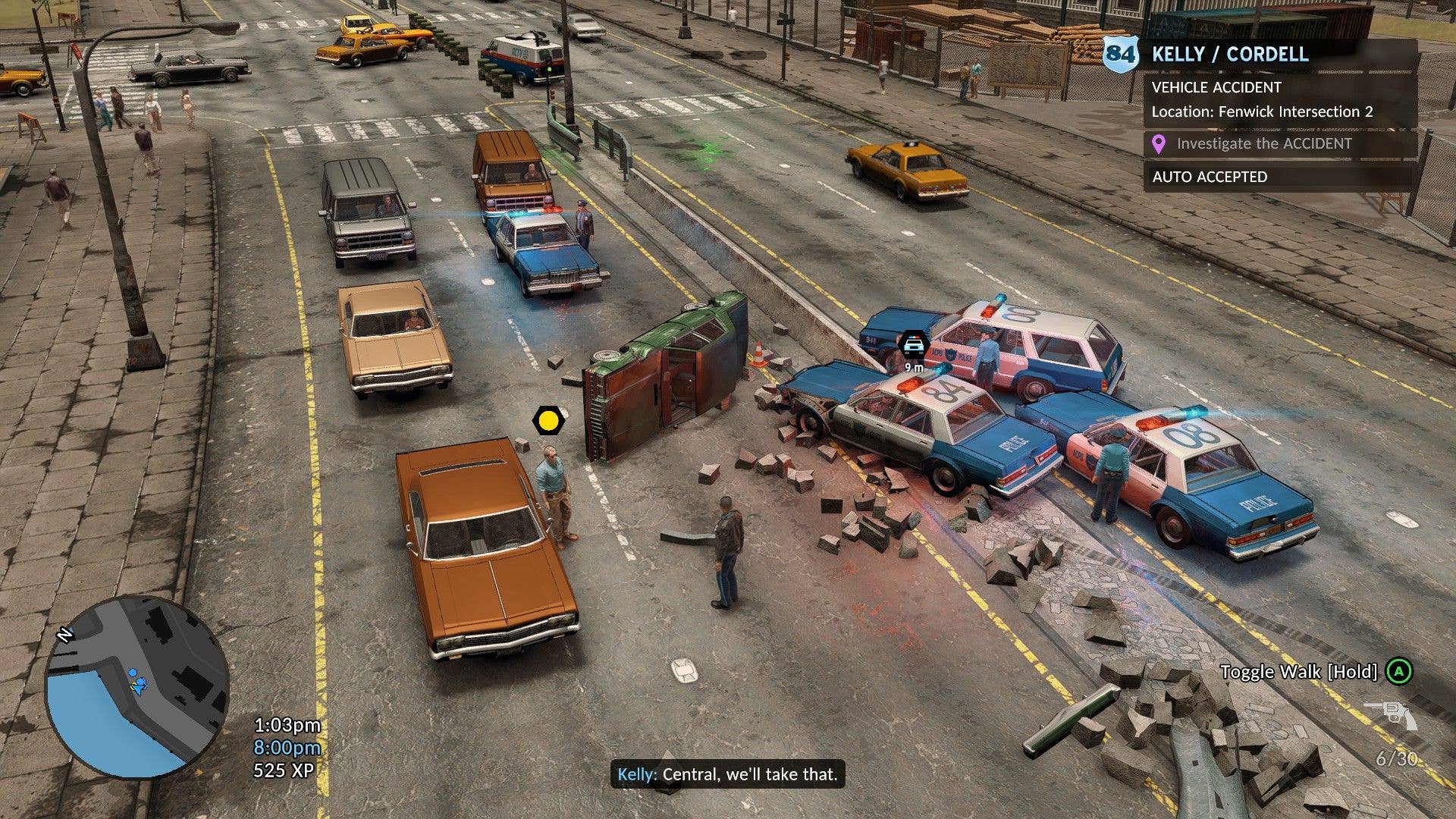
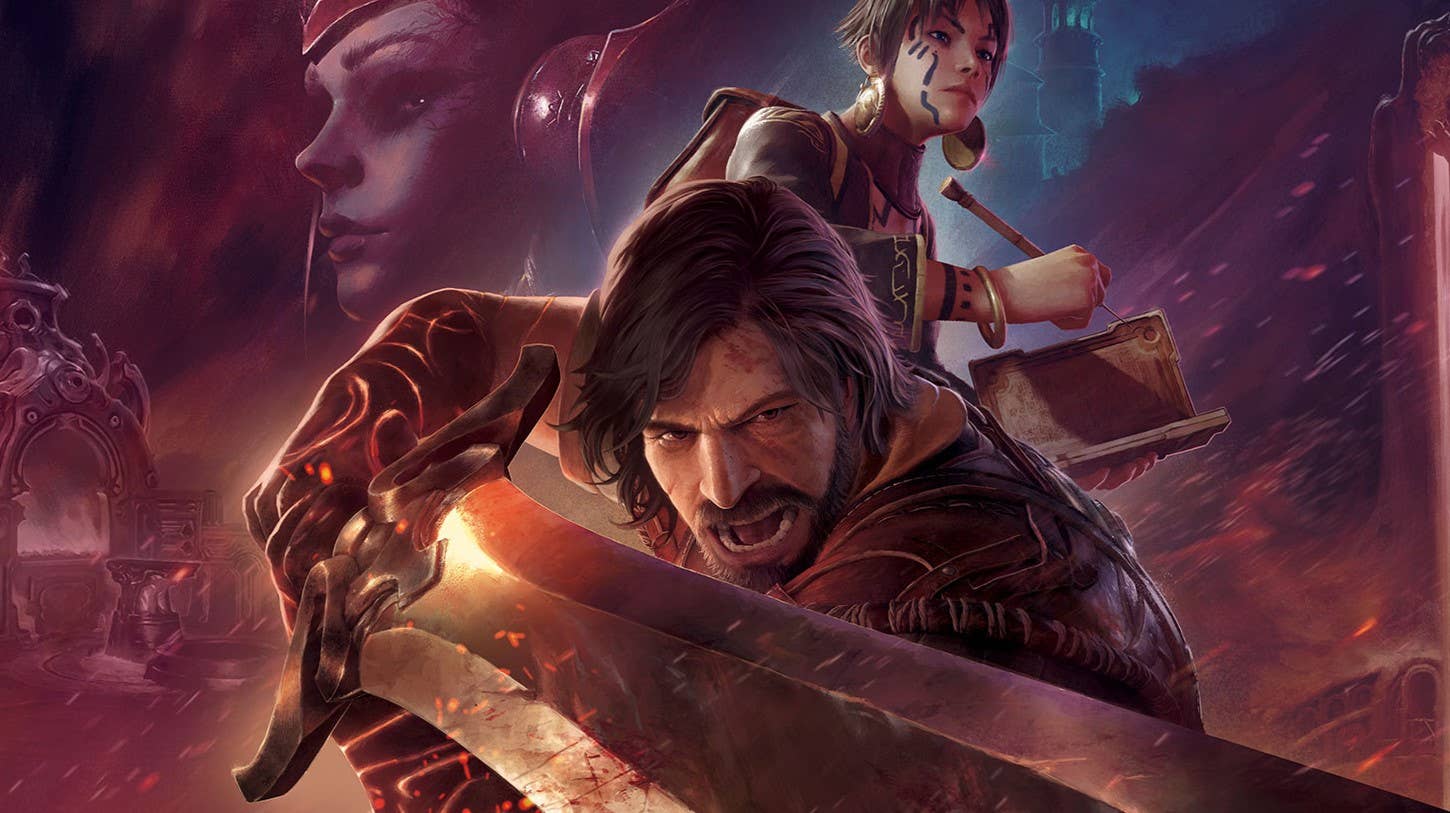
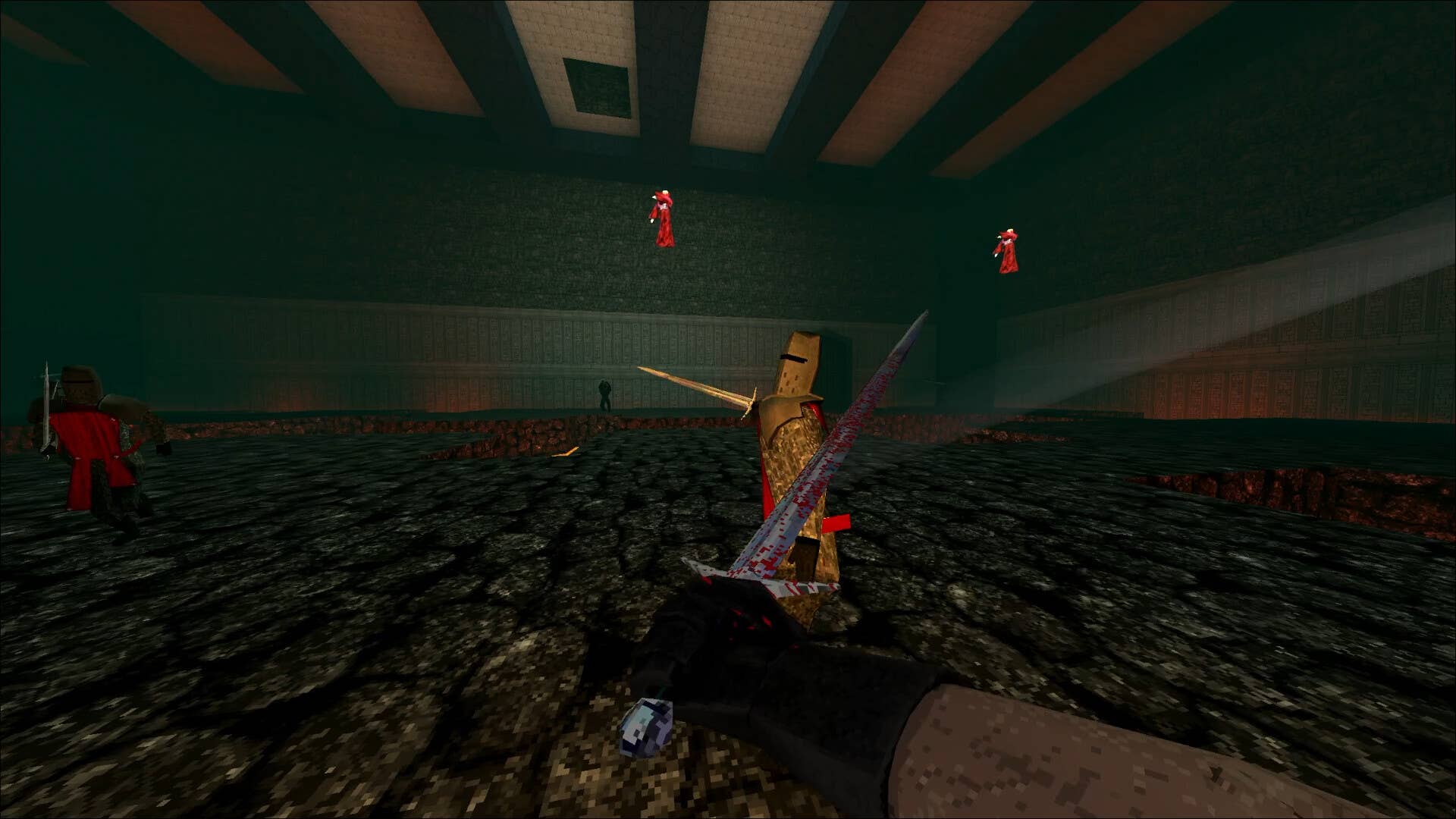






















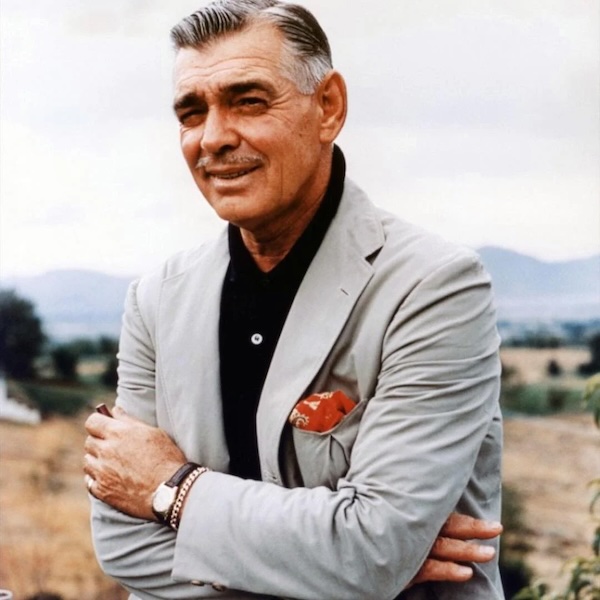




































































![[Podcast] Making Brands Relevant: How to Connect Culture, Creativity & Commerce with Cyril Louis](https://justcreative.com/wp-content/uploads/2025/05/cyril-lewis-podcast-29.png)







